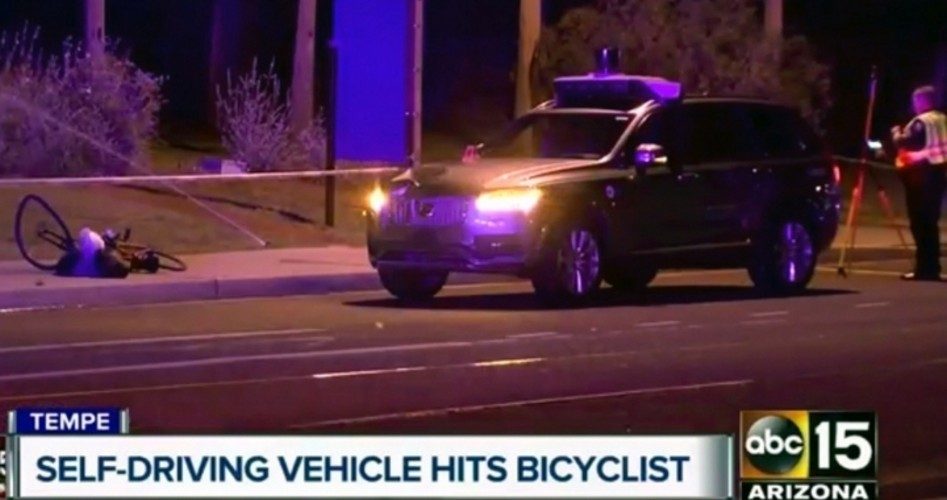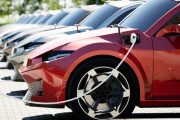
A woman was struck and killed by a self-driving Uber car Sunday night around 10:00 p.m., in Tempe, Arizona. Uber immediately brought the test program to a halt, amid the shock of the “autonomous accident.” This is the first known fatality amid self-driving car tests.
This death is an immediate reminder that the autonomous technology is positively not foolproof, as stated by Washington Governor Jay Inslee in 2017. “Not foolproof” is a stark understatement. Asinine is, perhaps, more appropriate.
While large corporations are investing millions, billions perhaps, on autonomous-driving technology and testing, the lack of trepidation in many people, including those designing the cars, is quite shocking. Yes, self-driving cars cannot drive drunk, nor can they road-rage (or can they?), and they can be programmed to avoid speeding. The main difference? They are not human! Algorithms and sensors do not take the place of intelligent observation, thought, and decision. While certain automation, for base or reasonably low-level tasks, is not dangerous, and can be quite useful, trying to automate purely human tasks is beyond foolhardy. Sunday’s death is a shocking reminder of this.
So while Uber has “paused” their automated car testing across the board, will this be permanent? Unfortunately, probably not. The following scenario might play out: Uber issues apologies to the victim’s family (they already did, in fact), waits a bit of time until the event is forgotten amid some other tragedy or hot news item, then issues a statement declaring how some “unforeseen circumstance or failure” caused the accident. The circumstance will also not be Uber’s fault, of course. Finally, Uber cars will be back in the testing phase.
Some good news: Toyota has also paused their self-driving cars, which were being road tested on public U.S. roads. The shock and emotional toll, according to Toyota, that Sunday’s fatal accident has caused is reason enough for the automaker to halt their tests. While Toyota was testing a small number of vehicles, all of them have been pulled off the road, at least for now.
Unfortunately, the frenetic fascination with autonomous-driving technology will probably continue to build. But Sunday’s tragic death at the hands, or rather, sensors, of a self-driving Uber car, is an early reminder that this technology is a grave mistake, and should simply be cast aside. The tragedy renews and strengthens the concerns that are raised, and while everyone would hope that this will never happen again, continuing the self-driving car tech industry will open a Pandora’s Box of unimagined problems. After Sunday, even more attention is being drawn to self-driving cars, and many people are seriously asking themselves if driverless cars and artificial intelligence can ever be safe or used.
It is to be hoped that the public will shut this mistake down before it goes any farther.
Photo: ABC-15 via AP



